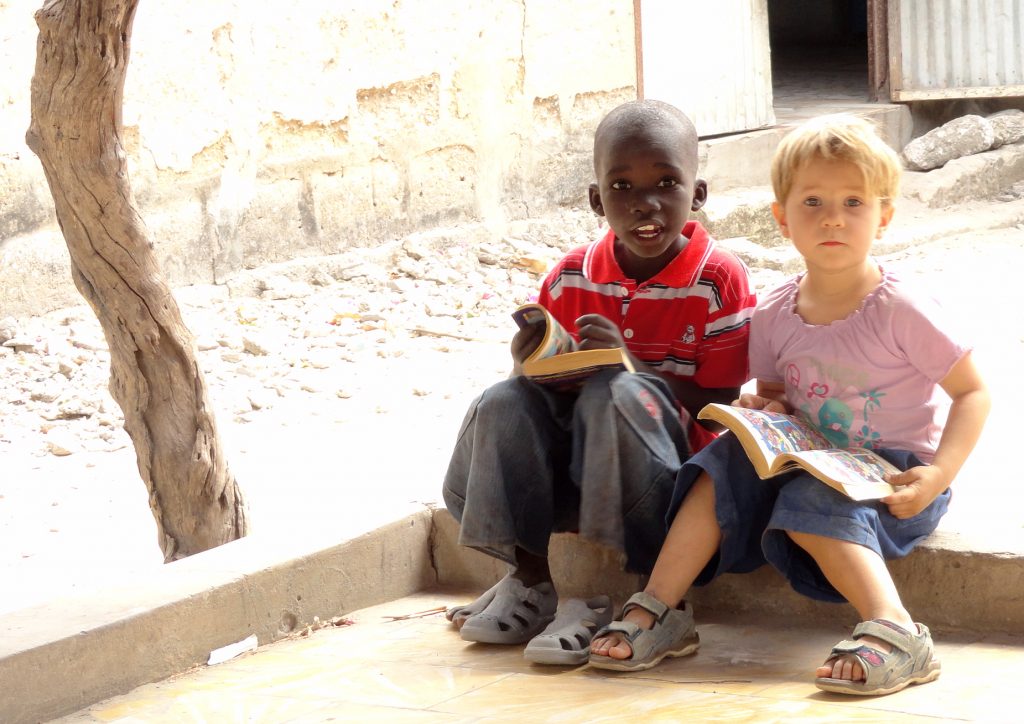The death of George Floyd and the protests that followed in several countries brought renewed attention to racism, its roots and reproduction. Education must be a central plank in our efforts to build a better and fairer future that does not end up in frustration and despair, writes Paul Stanistreet

‘Not everything that is faced can be changed,’ wrote James Baldwin, ‘but nothing can be changed until it is faced.’
Events of the past weeks, stemming from the tragic death of George Floyd in the United States, have been a catalyst for reflection on how our societies and the people who live in them can change and challenge racism.
Anti-racism protests in major cities across the world have obliged public opinion in various parts of the world to confront past and present injustice and racism. In the United Kingdom, for example, the toppling of the statue of a seventeenth-century slave trader in Bristol prompted national reflection on the legacy of the country’s involvement in slavery and how this is taught in schools and understood in wider society. While in Belgium, a statue of King Leopold II in Antwerp was removed in acknowledgement of his brutal colonial rule of the Congo. There are calls for other statues of King Leopold II to be taken down. Continue reading
